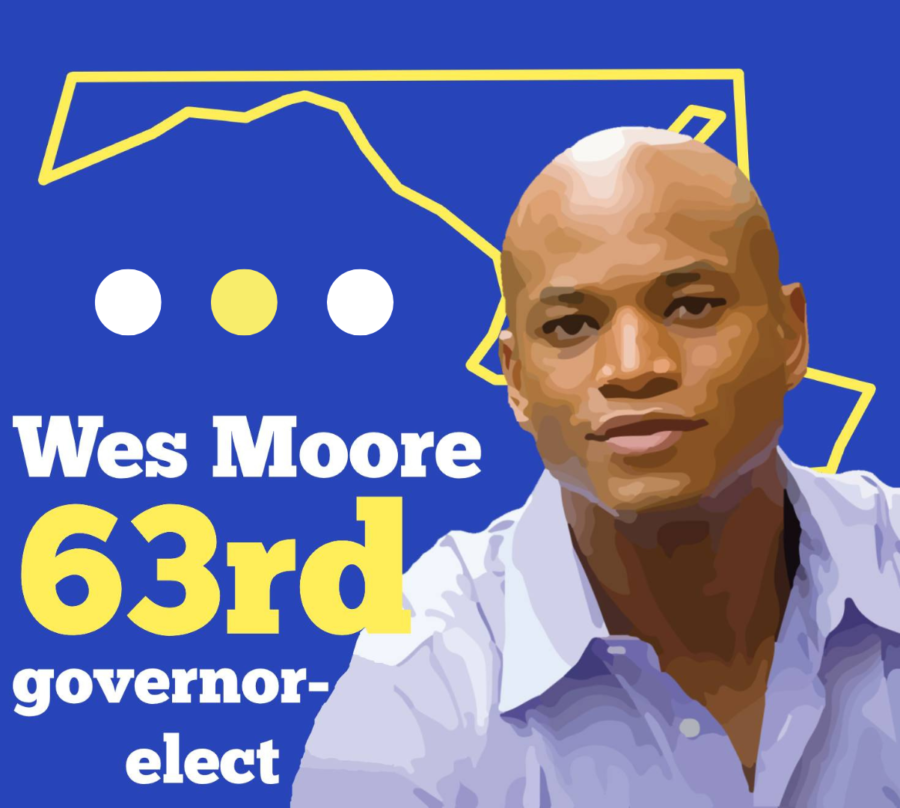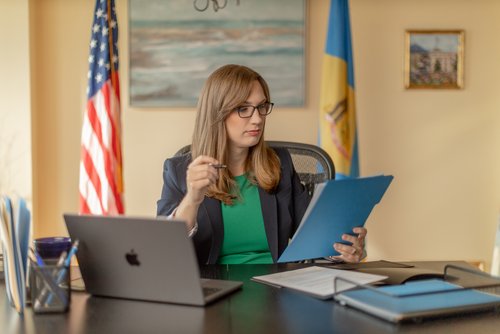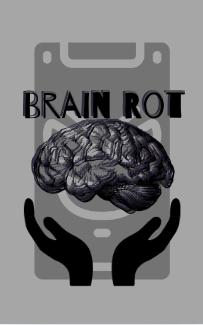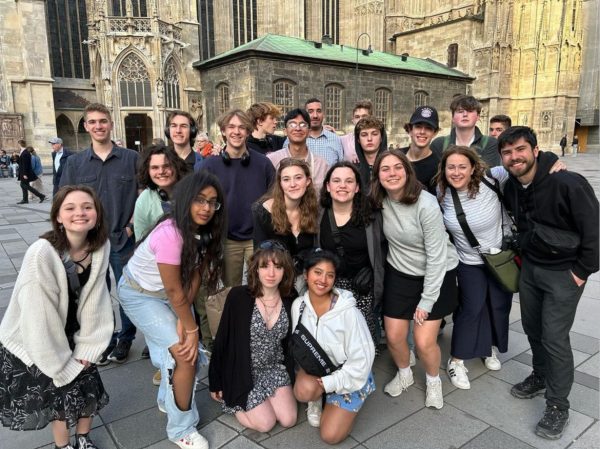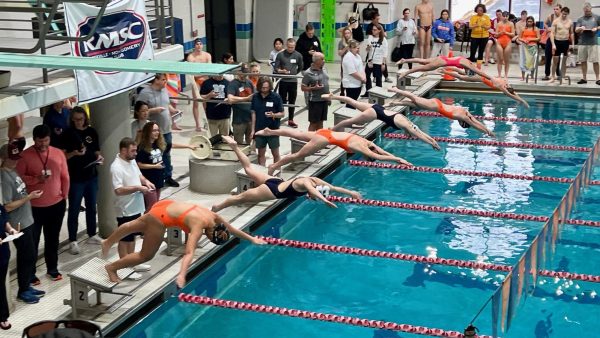Leaving No One Behind: Wes Moore Elected 63rd Governor of Maryland
On Nov. 8, Wes Moore was elected Maryland’s new governor, and his inauguration ceremony is set to take place Jan. 18. Moore is the first democratic governor of Maryland since 2010, the first Black governor of Maryland, and the third Black governor elected in American history.
Best-selling author of “The Other Wes Moore: One Name, Two Fates” and former CEO of the Robin Hood Foundation, Moore was a first-time candidate. He defeated Republican delegate Dan Cox, running on the promotion of equal opportunity, through goals of making resources like child care more accessible to those in need and raising the minimum wage to $15 an hour.
“A lot of what he’s running on, I think, appealed to a lot of people, because a lot of his platform is economic, right?” History teacher Adjua Adama said. “So he’s appealing to a lot of those issues that people have when it comes to housing and looking at, you know, empowering homeowners and also people who are not homeowners to become homeowners.”
Moore pulled from his military experience to assist his campaign. His platform included sentiments of ‘leaving nobody behind’, which he adopted as a slogan.
“The reason why that concerns me a little bit is because George W. Bush took that same approach when he was president, which ultimately ended up as No Child Left Behind in education,” Adama said. “The way that they tried to implement it in education had disastrous impacts on a lot of different school districts and a lot of different populations that we’re still trying to clean up as a result.”
Young voters are always an important factor in elections. Older voters reliably show up to the polls, so the prevalence of the young voter turnout becomes a deciding factor in elections. However many students don’t see the need to participate in politics.
“I honestly don’t feel that the student body cares much about politics,” senior and first-time voter Raven Lee said. “Just cuz of my, like, interactions with some people who, you know, have expressed to me that they don’t see why they need to vote or why they feel like they need to and like stuff like that. Or they just don’t want to, or they don’t care.”
National, state, and local elections have tangible effects on daily life, and voting is one way to have input on those decisions. Many students are not yet eligible to vote, but can still be engaged in the political process. Students can involve themselves by contacting representatives about issues they care about, or giving support to the campaigns of politicians they want to see elected.
“It’s our life and we’re almost adults. We are adults. So we kind of have to know these things and I feel like a lot of people don’t,” Lee said.
While voting is a choice, not voting is still its own, more passive, form of political participation.
“If you choose not to vote, that means you’re leaving the choice up to other people, because ultimately, there is going to be an election and people are going to vote,” Adama said. “Then you get certain people into that particular political position of power. If they’re unchallenged, they will do things that will hurt or harm you.”


